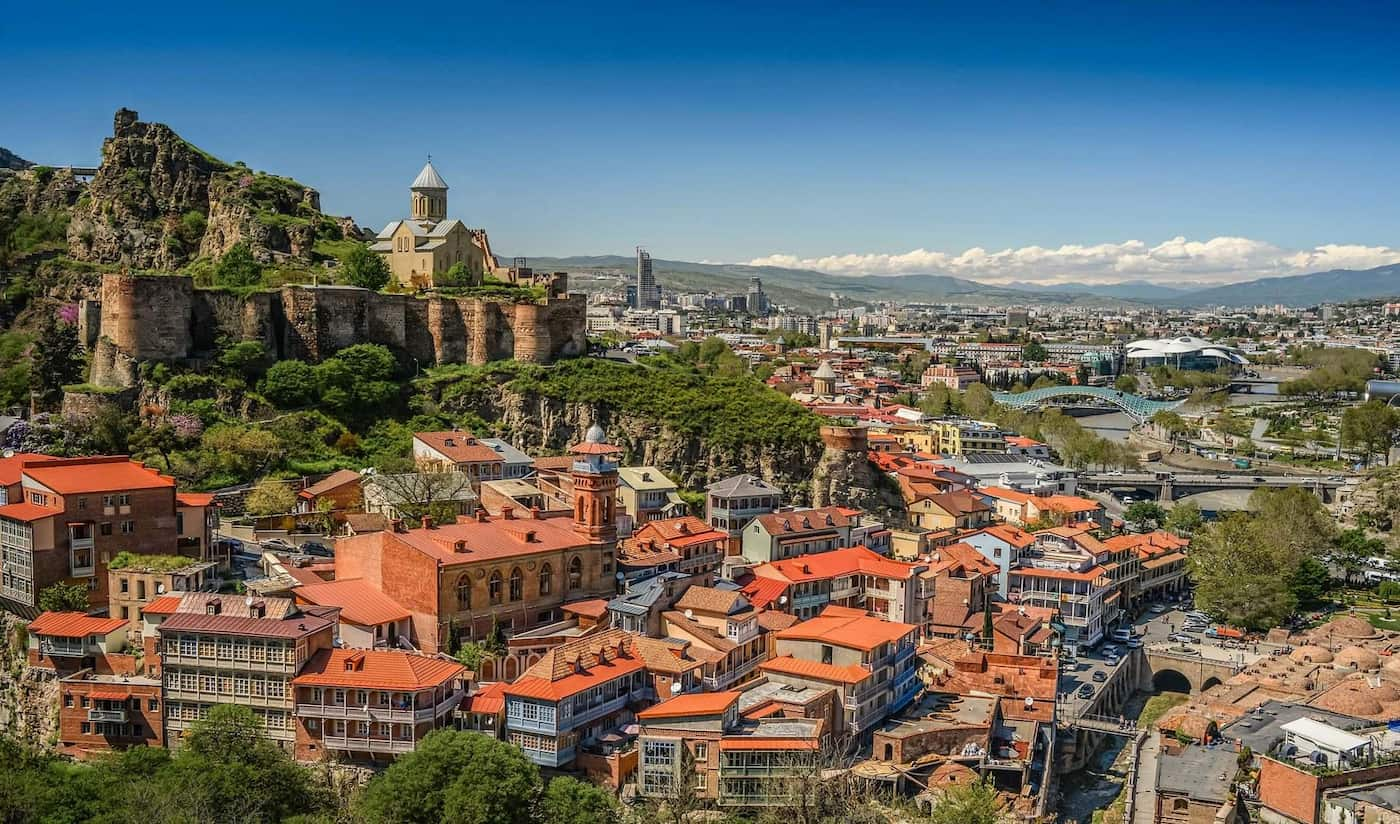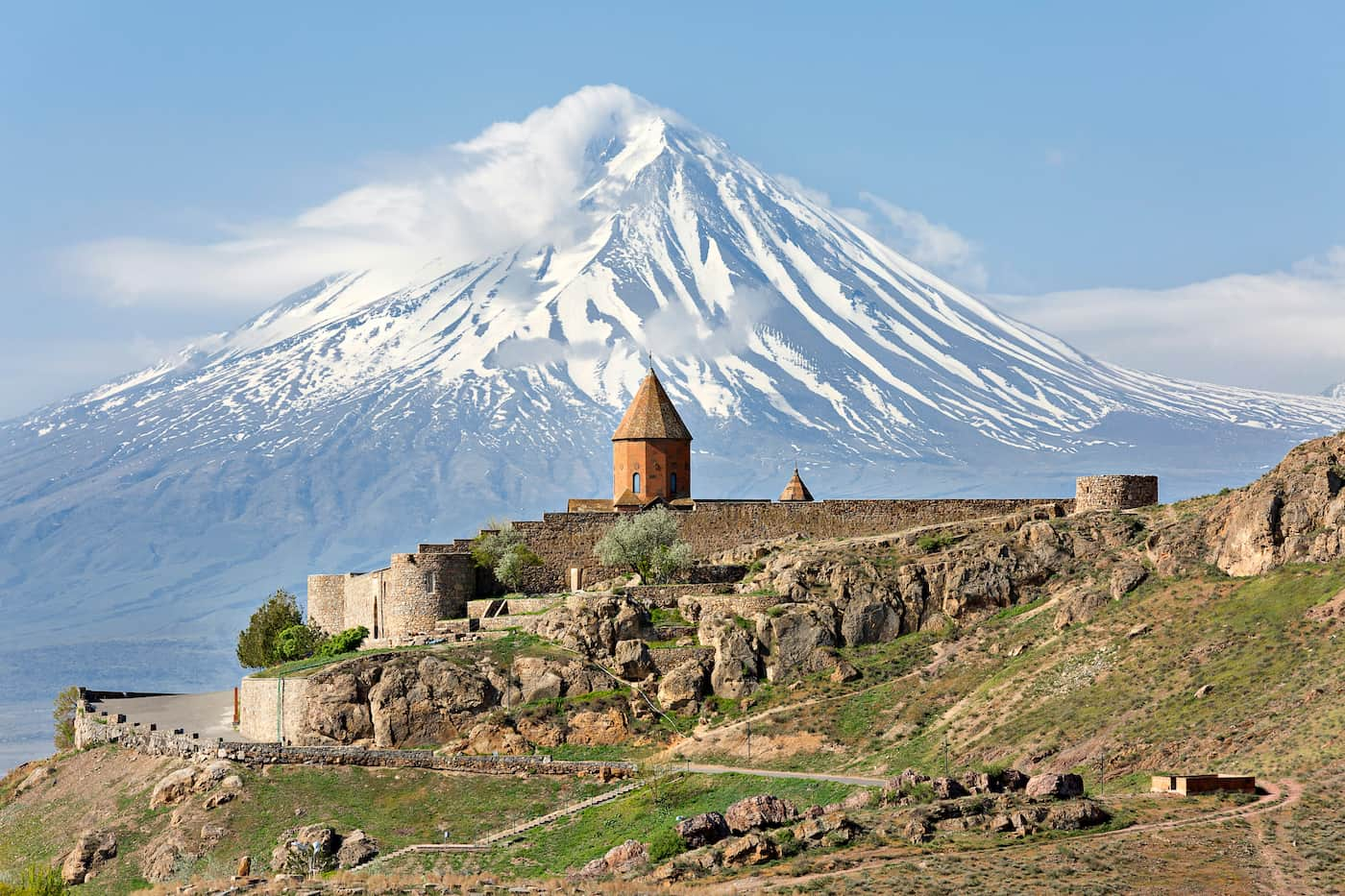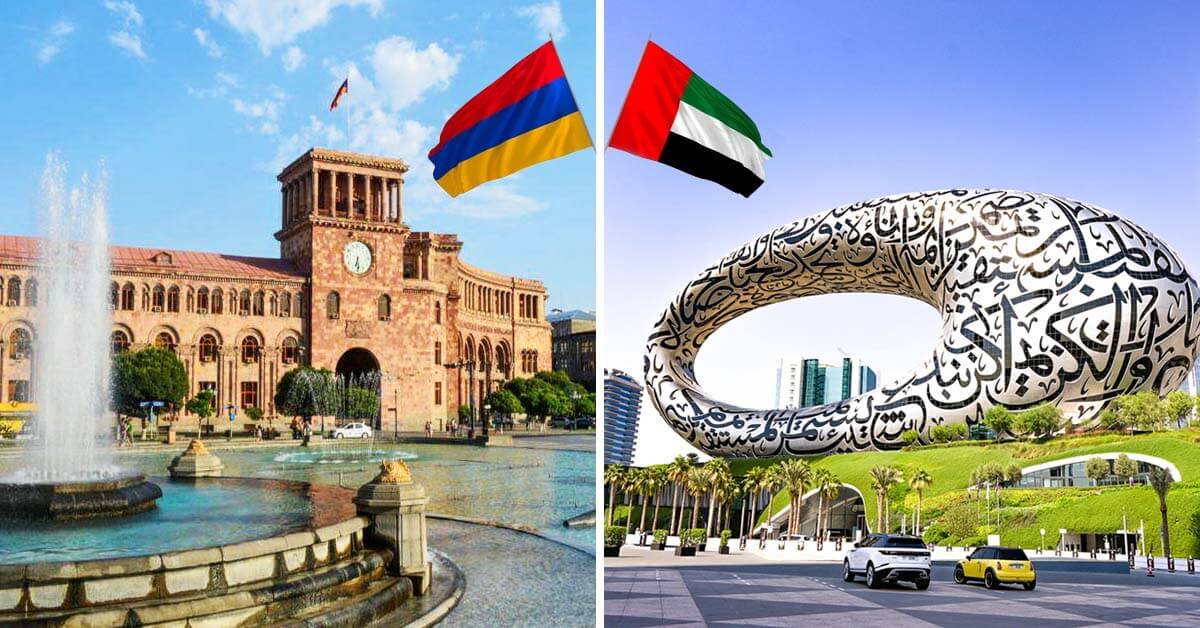Digital Nomad Visa Countries for Remote Workers: Best of 2025

Remote work is here to stay—and for adventurous freelancers, tech professionals, and business owners, the world is wide open. Thanks to new and expanding digital nomad visa countries for remote workers, it’s easier than ever to work from paradise, a buzzing city, or a cultural hotspot. But which countries offer the best options for digital nomads in 2025?
This guide breaks down what a digital nomad visa is, criteria to consider, and the top destinations (including why Armenia deserves your attention).
What Is a Digital Nomad Visa?
A digital nomad visa is a special residence permit that lets you live and work remotely from a country, typically for 6 months to several years. Unlike tourist visas, these are designed for remote workers earning income from outside the host country.
Remote work visa countries attract digital professionals, freelancers, and entrepreneurs with simple applications, low taxes, and vibrant communities.
Key benefits:
- Legal long-term stay
- Ability to rent, open bank accounts, and access services
- Meet other digital nomads
- Explore new cultures while working remotely
Criteria for Selection
How do you choose the best digital nomad visa countries? Consider:
- Visa requirements: Income minimums, documentation, eligibility for dependents
- Length of stay: 6 months, 1 year, or longer?
- Taxation: Will you be taxed locally? Are there double tax agreements?
- Cost of living: Is it affordable?
- Internet and infrastructure: Can you really work remotely?
- Community: Are there co-working spaces and other nomads?
- Lifestyle: Safety, culture, climate, activities
We ranked these best digital nomad visas 2025 using all these factors—and included expert tips to help you apply.
Top Countries Offering Digital Nomad Visas in 2025 (with Armenia Featured)
1. Armenia
Why choose Armenia?
- No official digital nomad visa, but extremely flexible entry: Citizens of over 60 countries get visa-free entry for up to 180 days per year; easy e-visa options for others.
- Easy business registration: Start an Individual Entrepreneur (IE) in a day—work legally, pay low or zero tax.
- Cost of living: Among the lowest in Eurasia; Yerevan is a thriving tech hub.
- Tax regime: 0% for microbusinesses, 1% for IT companies, flat 20% for personal income (with plenty of ways to optimize).
- Community: Growing expat and nomad community, English and Russian widely spoken.
- Culture: Stunning scenery, rich history, amazing food.
- Residency options: Apply for temporary or permanent residency—no big minimums or strict rules.
- Internet: Reliable, fast, affordable.
Drawbacks:
- Fewer EU-style perks (can’t work for Armenian companies as a “nomad”)
- Less recognized as a nomad hub, but changing fast
Nomad visa requirements:
- Proof of income is rarely required unless applying for a residence permit
- IE/business registration for tax residency and legal status
2. Portugal
- Visa: D8 “Digital Nomad” visa (also called Remote Worker Visa)
- Requirements: Proof of income (about €3,280/month), clean criminal record, valid health insurance
- Length: 1 year, renewable; can lead to permanent residency
- Taxation: Non-habitual resident tax regime—very favorable
- Community: Lisbon, Porto, Madeira are top digital nomad destinations
- Pros: Safe, friendly, great weather, lots of expats, access to Schengen zone
- Cons: Paperwork can be complex, housing prices rising
3. Spain
- Visa: Digital Nomad Visa (newly launched)
- Requirements: Remote work for non-Spanish company, €2,200+ monthly income, clean background
- Length: 1 year, extendable
- Taxation: 24% flat tax for the first four years (Beckham Law)
- Community: Barcelona, Valencia, Madrid—all popular
- Pros: EU access, vibrant lifestyle, world-class healthcare
- Cons: Bureaucracy, high demand for housing
4. Georgia
- Visa: No official digital nomad visa, but “Remotely from Georgia” scheme allows 1-year stay for remote workers
- Requirements: Minimum income ($2,000/month), travel insurance, remote work proof
- Length: Up to 1 year, renewable
- Taxation: 1% income tax for small businesses (Individual Entrepreneur); 20% for others
- Community: Tbilisi is a digital nomad hotspot
- Pros: Easy entry, low taxes, vibrant expat life
- Cons: Limited health infrastructure outside cities
5. Estonia
- Visa: Digital Nomad Visa
- Requirements: €3,504 monthly income, proof of remote work, health insurance
- Length: 1 year (cannot be extended)
- Taxation: Non-residents are only taxed on local income
- Community: Tallinn has a famous digital society
- Pros: High tech, efficient bureaucracy, EU access
- Cons: Cold winters, cost of living is higher
6. Croatia
- Visa: Digital Nomad Residence Permit
- Requirements: About €2,539/month income, background check, proof of accommodation and health insurance
- Length: Up to 1 year
- Taxation: No local income tax for digital nomads
- Community: Zagreb, Split, and coastal towns have a growing scene
- Pros: Beautiful coastline, welcoming locals, English widely spoken
- Cons: Bureaucracy, seasonal costs
7. Dubai (UAE)
- Visa: Virtual Working Program
- Requirements: $5,000/month income, health insurance, passport
- Length: 1 year
- Taxation: 0% personal income tax
- Community: Massive international presence, luxury lifestyle
- Pros: Fast Wi-Fi, great travel connections, no taxes
- Cons: Expensive, cultural differences, hot climate
8. Costa Rica
- Visa: Rentista or digital nomad visa
- Requirements: $3,000+/month income, insurance, background check
- Length: 1–2 years
- Taxation: No local tax on foreign income
- Community: San Jose and coastal towns popular with nomads
- Pros: Laid-back lifestyle, nature, English widely spoken
- Cons: Some bureaucracy, internet outside cities can be slow
9. Mexico
- Visa: Temporary Resident Visa for remote workers
- Requirements: $2,595/month income or $43,000+ in savings, health insurance
- Length: 1–4 years
- Taxation: No tax for non-residents on foreign income
- Community: Mexico City, Playa del Carmen, Oaxaca have big digital nomad scenes
- Pros: Culture, food, affordability
- Cons: Safety can be an issue in some regions
10. Greece
- Visa: Digital Nomad Visa
- Requirements: €3,500/month income, proof of remote work, insurance
- Length: 1 year, renewable
- Taxation: 50% reduction on income tax for up to 7 years for new residents
- Community: Athens, Thessaloniki, islands
- Pros: Mediterranean lifestyle, EU access, history
- Cons: Some bureaucracy, high summer costs
Pros and Cons of Each Country
Application Tips
- Research thoroughly: Requirements and fees change regularly; check official government websites before applying.
- Gather documents: You’ll usually need proof of income, health insurance, remote work contracts, and a clean criminal record.
- Apply early: Processing times can range from a few weeks to several months.
- Work with local agents: In countries with language barriers or complicated rules (Spain, Greece), consider using a relocation agency.
- Consider taxes: Double-check whether you’ll become a tax resident, and whether there are double taxation agreements with your home country.
- Try before you commit: Consider a short trip to see if you like the lifestyle and community.
Frequently Asked Questions (FAQs)
Q1: What is the easiest country to get a digital nomad visa?
Georgia, Armenia, and Mexico are widely considered the most accessible, with simple requirements and affordable living.
Q2: Can I bring my family?
Most digital nomad visas allow dependents, but requirements vary—always check before applying.
Q3: Do I need local health insurance?
Almost all countries require health insurance covering your full stay.
Q4: Will I pay taxes locally?
Rules vary. Armenia and Costa Rica generally do not tax foreign income for non-residents; Portugal and Spain may, depending on your status.
Q5: What if I want to stay long-term?
Many digital nomad visas are renewable and can be a pathway to residency or even citizenship (like in Portugal, Spain, or Armenia).
Q6: Is Armenia really a good choice for digital nomads?
Absolutely! Fast-growing tech scene, easy registration, ultra-low cost of living, and a welcoming expat community.
Conclusion
The landscape for digital nomads has never been more exciting. From Portugal to Armenia, there’s a destination for every lifestyle and budget.
Armenia stands out for its flexibility, business-friendliness, and untapped potential—making it a hidden gem for remote workers in 2025.
Ready to explore Armenia as your next base?
Contact Relocation2Armenia for expert advice on registration, visas, and getting settled as a digital nomad or remote worker.
Помощь с оформлением карты MasterCard
- Пакет из двух карт сроком на 5 лет
- 4 валюты: USD, EUR, RUBL, AMD
- Комиссия на снятие наличных 1-3%
- Перевод на карту иностранного банка
Стоимость: 300$
Оформить карту



Скачайте гайдбук с подробными шагами по получению ВНЖ, всё просто
Получить гайд




.webp)






